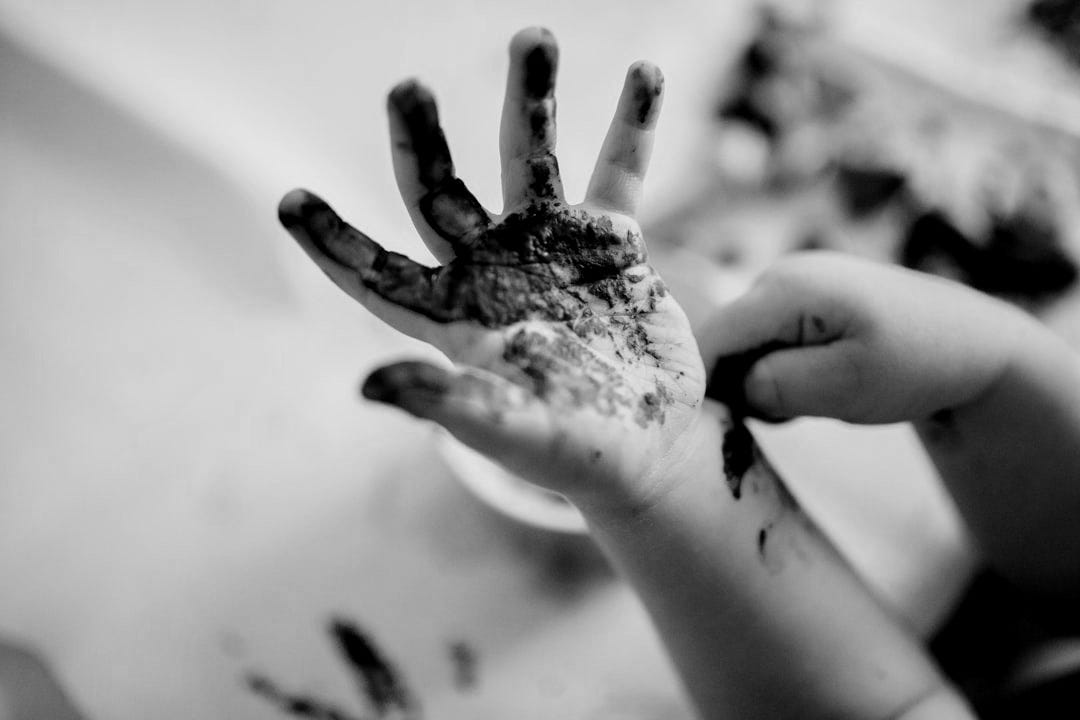Are we preparing our kids for AI?
"It’s just going to get weirder and weirder and weirder and weirder. This is what it's like when a species prepares to depart for the stars.” —Terrence McKenna, 1998.
If you're not confused, you don't know what's going on. Progress is on an upward trajectory and as British physicist David Deutsch puts it, we're at the beginning of infinity.
Life-changing technologies are evolving simultaneously at neck-breaking speed: AI, crypto, rockets, biotech.
Robots will reshape in silence our physical environment without taking a break to sleep. Resources will be extracted faster than ever. Production rates won’t be capped by human stamina.

Companies are already picking the low-hanging fruits of AI, reducing knowledge-worker head counts.
Individuals are becoming companies-of-one, surrounded by their AI executive suites and armies of customer service bots.
School and work are going to be disrupted in ways that are difficult to fathom.
At present, everything can be learnt for free but with future AI tutors, who can adapt to each pupil, homeschooling could be embraced at scale.
In light of this, what present education model is the most relevant for kids stepping into adulthood two decades from today? Our children may never know what a job is.
Will rote-learning still be around? Will interest-based curriculums be the norm?
The abundance of intelligence, energy, resources and automated labor will shape the world into a real-life, non-zero sum video game. You'll have freedom to choose an avatar, a place to evolve, partners to play with, projects to complete.
While we enjoy infinite possibilities, we should tread carefully. A new god is at our door and no one but sci-fi authors have prepared for this. AI will make us sovereign or useless.
What are the practical steps to prepare for this shift? How can we use AI to support families? If whole dimensions of labour and work disappears, how will we spend our newfound time, what new types of adventures and meaningful pursuits will appear?
We explore these questions in this newsletter.
This present moment was once the unimaginable future. — Stewart Brand
